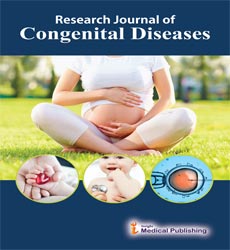Adenovirus vector-based SARS-CoV-2 vaccines from immunoinformatics studies to their application in the human population
Abstract
In December 2019, severe acute respiratory syndrome coronavirus 2 (SARS-CoV-2) caused coronavirus disease 19 (COVID-19) in China, which was associated with a cluster of respiratory infections. Infection with SARS-CoV-2 has spread to various countries and created a significant threat to public health. Several vaccines have been licensed to protect against infection with SARS-CoV-2.
Recently, the reverse vaccinology technique has been widely used to determine the epitopes for developing multi-epitopic vaccines in various organisms, including Hepatitis B virus, Onchocerca volvulus, Klebsiella pneumonia, Mycobacterium tuberculosis, and Helicobacter pylori. In recent months, reverse vaccinology studies have also been conducted to develop the COVID-19 vaccine. Some researchers using immunoinformatics methods predict S protein epitopes that stimulate the T and B-cell against SARS-CoV-2.
Adenoviral vectors have been studied in a range of infectious diseases as vaccine agents. Their potential to produce a robust and balanced immune response has made them a suitable candidate for the COVID-19 pandemic. These vectors quickly created vaccines with improved designs to overcome the biological difficulties presented by early adenoviral vector systems. This study aimed to discussed Adenovirus vector-based SARS-CoV-2 vaccines from immunoinformatics studies to their application in the human population
Open Access Journals
- Aquaculture & Veterinary Science
- Chemistry & Chemical Sciences
- Clinical Sciences
- Engineering
- General Science
- Genetics & Molecular Biology
- Health Care & Nursing
- Immunology & Microbiology
- Materials Science
- Mathematics & Physics
- Medical Sciences
- Neurology & Psychiatry
- Oncology & Cancer Science
- Pharmaceutical Sciences
